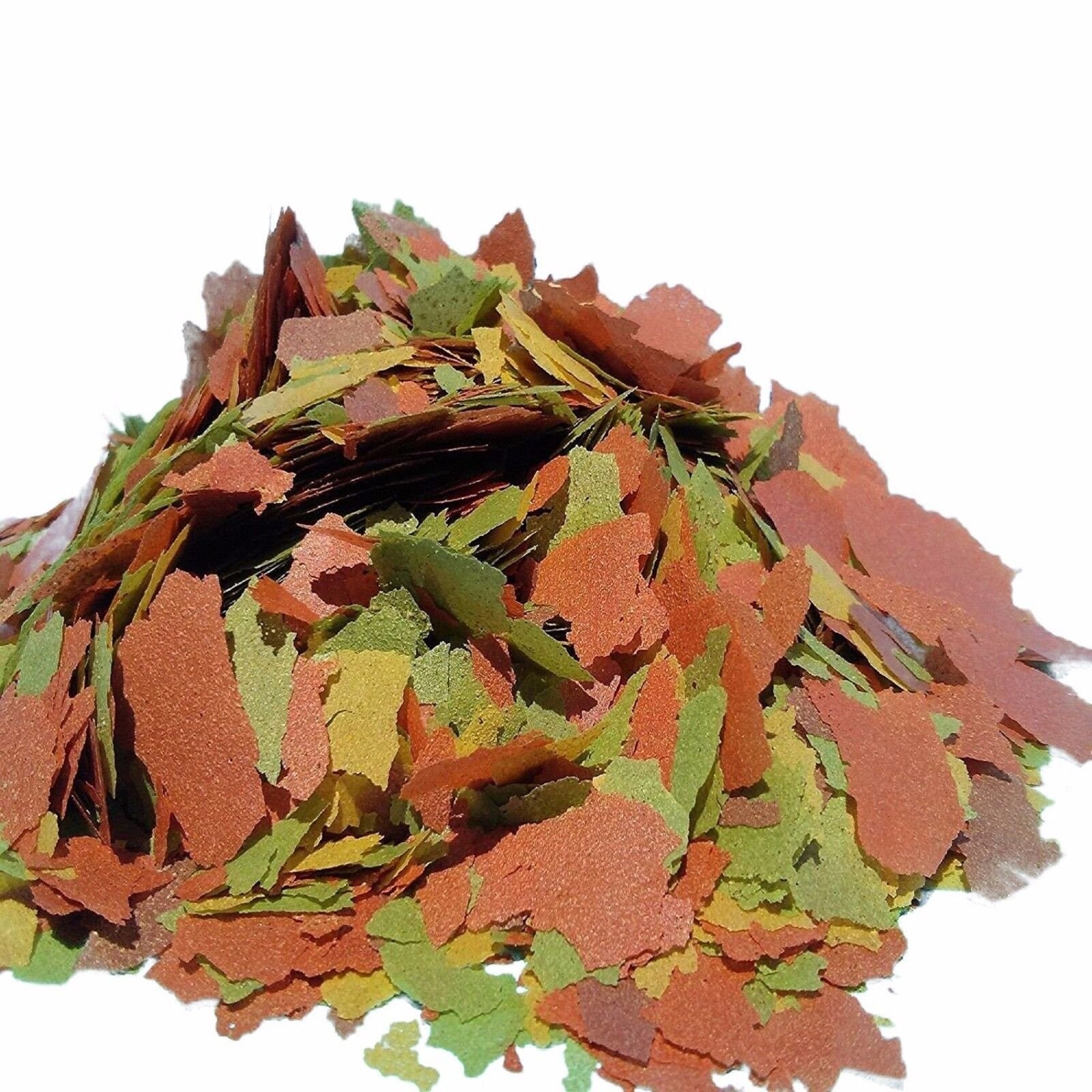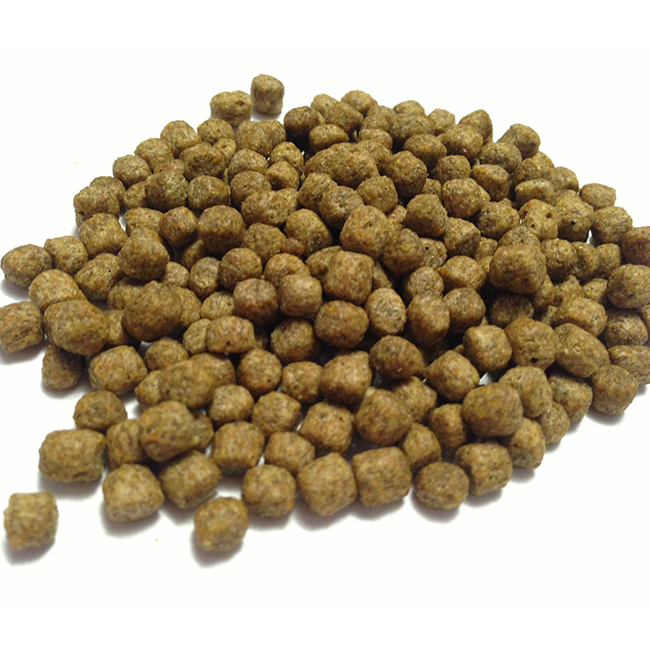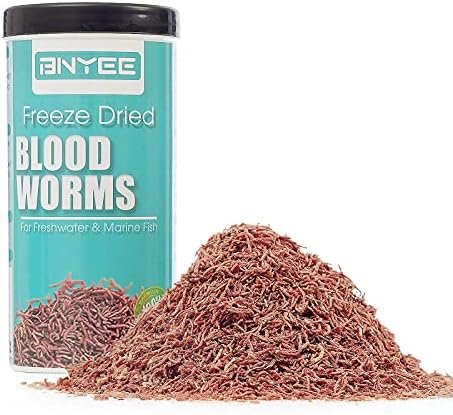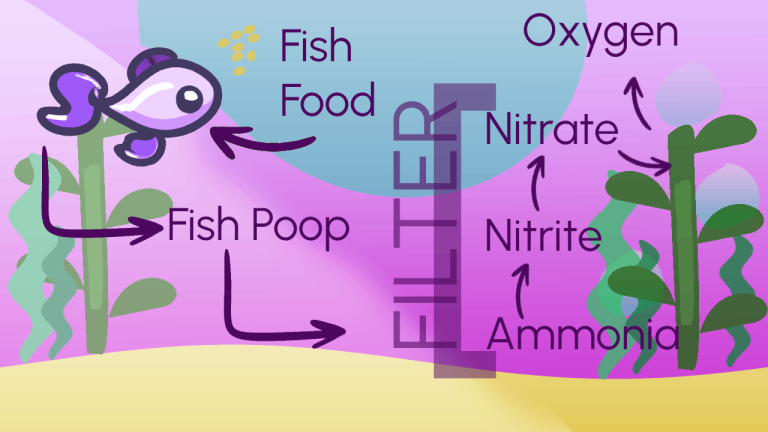The Ultimate Guppy Guide
Everything You Need To Know To Keep Fish With Confidence

Learn In 3 Simple Steps

Step 1: Guppy Crash Course
Enter the road to being a confident fishkeeper with all the facts you need to know about fishkeeping.

Step 2: Tank Zero to Hero
All The tools you absolutely need and none of the ones you don't.

Step 3: Easy Care Hacks
How to care for fish in less than 30 minutes a week, written for the busy people living in 2024.
By now, you probably already know that guppies are super awesome. We’ve covered how fishkeeping can help reduce anxiety, is a fun activity and super flexible as maintenance can happen on your own terms.
But what does “maintenance” entail? and what does it really mean to “care” for guppies?
By the end of this article, you’ll know:
- What are the daily and weekly tasks involved in caring for your guppies.
- What are some of the cons to keeping guppies.
- How aquariums work- so you can be a more confident fishkeeper.
Guppy Care - Overview
Feed: Twice A Day
Clean: Once A Week

Feed With Commercial Fish Food
Feed your guppies twice a day with commercial fish food. For treats, use live food (like brine shrimp) or vegetables (like cucumber, zucchini or peas).

Replace 25% Of The Water Weekly
Do a 25% water change about once a week. While changing, siphon the bottom of the tank and scrape algae if needed.
Feeding Your Guppies
Guppies are very easy in this aspect- they’re open pretty much to every food option you can offer them. We’re going to focus on commercial fish food, mainly because:
- It’s shelf-stable and doesn’t require refrigeration.
- It’s scoop and serve- no prep needed.
- It meets the dietary needs of your guppies.
- It doesn’t make a mess.
There are other options for food out there like: vegetables (like cucumber, zucchini, peas, carrots, spinach), beef liver (gross, I know), and egg yolks (which always make your water cloudy, no matter how hard you try).
Those are good in a pinch if you’re out of food, but for the most part they are used as treats.
Here are the 3 top options for food:

Fish Flakes
Guppy-friendly fish flakes provide a convenient and balanced diet, offering essential nutrients to support the vibrant colors and health of your guppies.

Fish Pallets
Easily portioned and ideal for guppies, fish pellets offer a well-rounded diet, promoting growth and vitality while maintaining water quality in your aquarium.

Blood Worms
A delightful treat for guppies, blood worms add variety to their diet, offering a protein-rich snack that enhances natural feeding behaviors and boosts overall well-being.
Treats
Treats are a fun part of the hobby and give you a better sense of bonding with your fish.
The downside to treats is that you’d need to prepare them, and they’ll be pricier than traditional fish food.

Brine Shrimp
Brine shrimp is the most popular guppy treat out there. You'll make a batch at a time and freeze leftovers in ice cube trays for later use. Compared to other live food options (like daphnia and vinegar eels) it produces the least amount of adverse smells.

Vegetables
Vegetables are another common treat option. There's a variety you can use, like cucumbers, zucchini, peas, spinach, and carrots just to name a few.
There are obviously other treat options out there. Guppies are known to be opportunistic eaters that will eat pretty much everything they can get their mount around. If you go with a planted tank- they will munch on the plants.
The 2 options above are the most beginner-friendly as they are the least messy.
Cleaning The Tank
The second part of caring for your guppies is cleaning your tank. Cleaning your tank is a task consisting of 3 different actions you’ll take:
Changing the water
Changing the water in your tank is very simple.
You’ll know you have to change the water:
- It’s been about 7-14 days since your last water change.
- By testing the water with a testing strip..
Maintaining a fish tank is more about keeping the water parameters within range. That’s about 95% of it.
When you’re first starting out you’ll want to test your water more frequently so you can get a sense of your water conditions. Testing your water is as easy as dipping a testing strip in it and comparing the results.
To give you an idea what a water change looks like, you’ll:
- Siphon about 20-30 percent of the water out.
- Fill a separate bucket with fresh tap water and add water conditioner to it.
- Add the new, conditioned water into the tank.
- Dump out the old tank water.
Siphoning the Substrate
While you are siphoning the water out of the tank you’ll want to use the siphon and clean the bottom of your substrate. That will remove leftover food and fish food which cause the water quality to deteriorate in the first place.
Think about the siphon as an underwater vacuum machine.
Scrapping Algae
The last part of cleaning a tank involves scraping algae.
You simply use a scrapper or a razor blade and scrape the inside walls of the fish tank.
Algae is a microorganism that is naturally found in fish tanks. While guppies feed on it, sometimes it can outgrow what they can consume and stick to the sides of your tank- making them look green.

Algae in a fish tank

Cons Of Keeping Guppies
And How To Prevent Heartaches
Just like any animal, guppies aren’t perfect.
Here are the top 3 negative aspects specific to guppies:
Rapid Breeding
Guppies are known to breed pretty quickly. If you have a co-ed fish tank you can plan on each female giving birth to 20-40 baby guppies every 30 days. While 95% won’t become adults, they can still multiple quickly in a small tank.
Disease& Euthanasia
Guppies aren’t immune to disease, and with a lifespan of about 2 years, you might need to pull the trigger on some fish. Because of their rapid breeding, some can be born deformed, while others may just be ill. Culling is usually done with clove oil and is about a 10-second process.
Jumping
Lastly, guppies are known to try to jump out of the tank on occasion. Since seldom do they have a plan for the next steps after they’ve escaped- you might come home to a failed attempt. With that said, you can prevent it by getting a tank with a lid.
Preventing Heartache
Guppies will typically only get sick because of 2 reasons-
- They are stressed, mainly because the tank is overcrowded or the tank doesn’t have enough places for them to hide.
- The water quality is really bad.
With that said, guppies are very resilient fish. We cover what needs to go into a tank along with some inspiration pictures in the next section.

How Aquariums Work
So You Can Be A More Confident Fishkeeper
The Processes Behind A Fish Tank
For you to be a confident fishkeeper you’ll want to understand how your fish tank works. Understanding this simple concept will help you troubleshoot issues and know what adjustments to make.
The foundation of your aquarium’s ecosystem is the nitrogen cycle. This natural process involves beneficial bacteria breaking down waste produced by fish poop and leftover food.
In nature, it happens naturally- mainly because beneficial bacteria are ample.
In your fish tank, it’s your filter that is responsible for introducing this bacteria.

This is just a high-level overview of what goes on behind the scenes in a fish tank. The most common issue you’ll run into is high ammonia/ nitrite/ nitrate. In all 3 cases, it’s probably because the filter isn’t able to keep up so you do a water change and clean the bottom of your tank. This is 95% of fishkeeping.
P.S. We cover this topic in detail in Chapter 3.
Recap
We’ve covered quite a few things here today, so let’s quickly recap:
Caring for guppies consists of 2 tasks: feeding and cleaning.
You’ll feed your guppies twice a day, and clean their tank about once a week.
What turns your tank into a function eco system is your filter.
Fishkeeping is very similar to gardening. You’re main task is to keep the water within parameters.
Next we’ll talk about setting up your fish tank. We’ll cover all the equipment you need, how to size your tank and everything in between.
